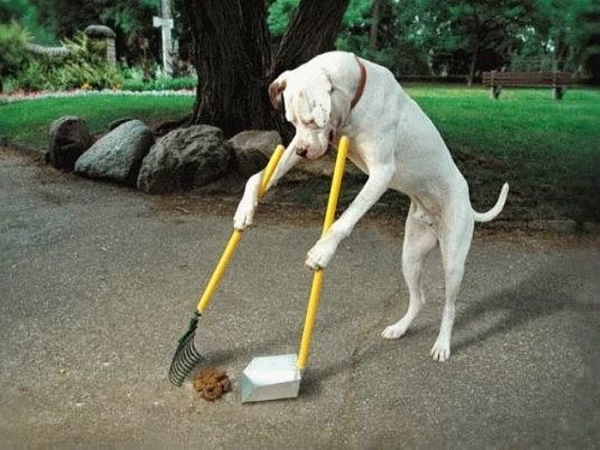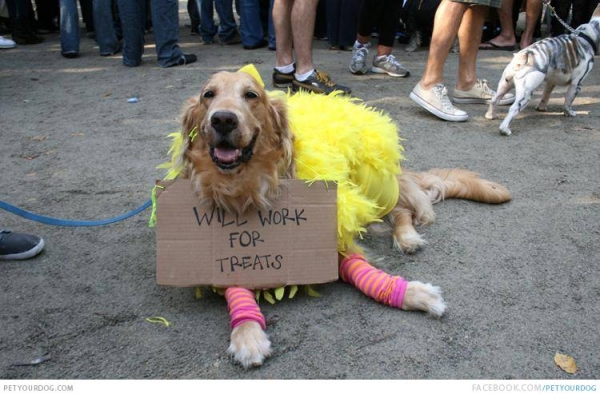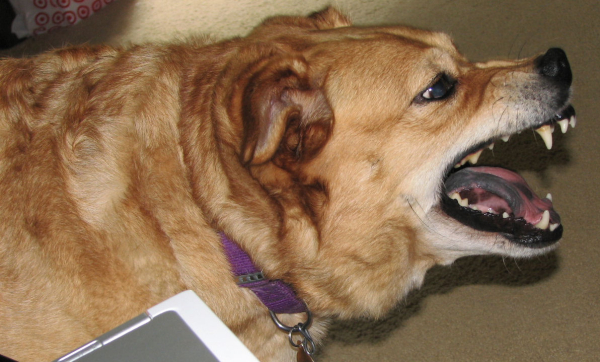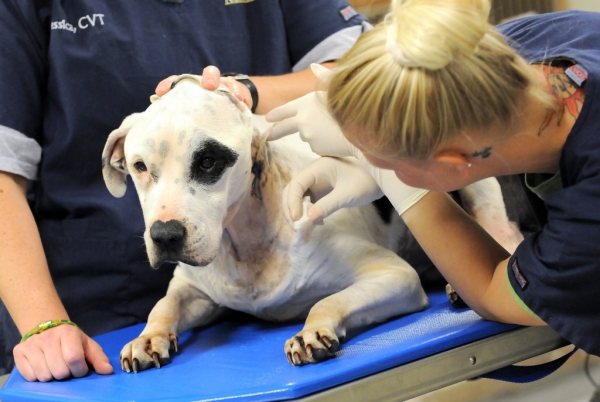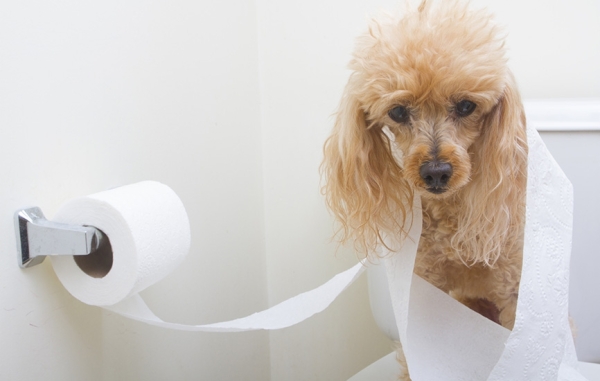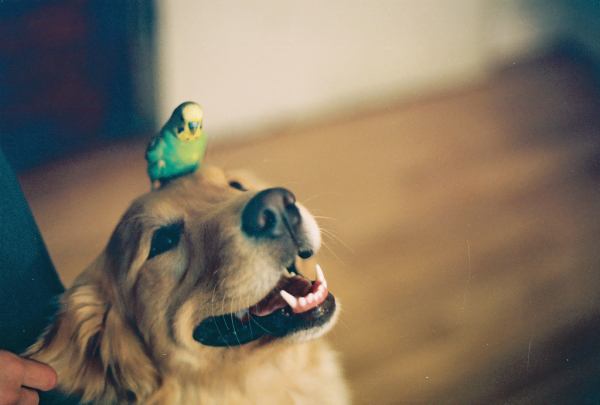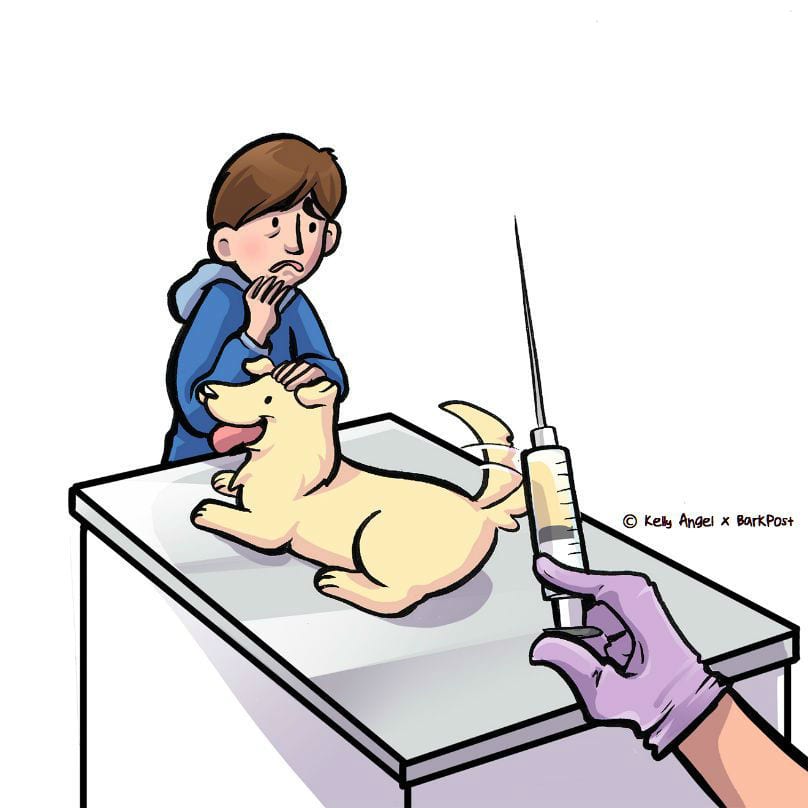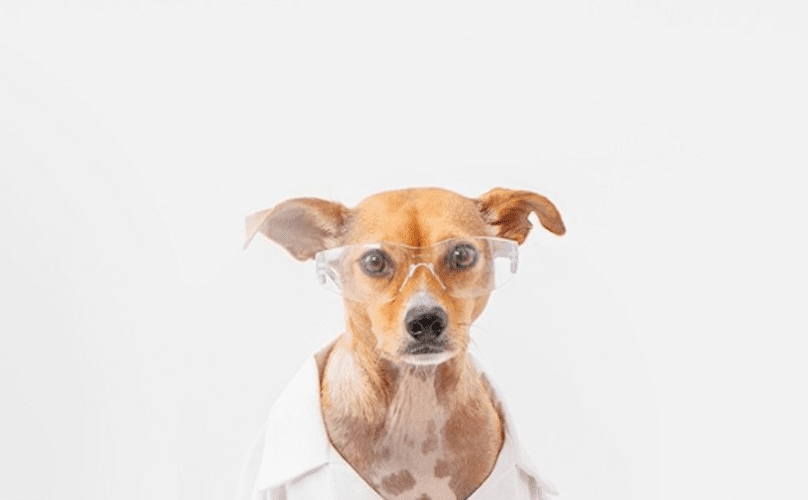You hear nurses described as “unsung heroes” all the time, and I agree that they are deserving of far more recognition than they get. But there is another profession that is grossly overlooked and under appreciated- Veterinary Technicians. Take it from a veteran technician, this job can be sweaty, smelly, emotionally draining and downright thankless sometimes. The guys and gals who become technicians endure it all for the sheer love of the job and a deep rooted passion for helping animals. So read on, and the next time you swing by your vet’s office for some flea prevention, give your favorite vet tech a big ol’ hug and a heartfelt, “Thank You!”
They Must Do The Jobs Of Several Hospital Employees:
Vet techs are much more than just animal nurses. They are part-time receptionists, laboratory technicians, anesthesiologists, pharmacy techs and janitors. There’s much more to the job than what you see in the exam room, and yes, a lot of it involves poop.
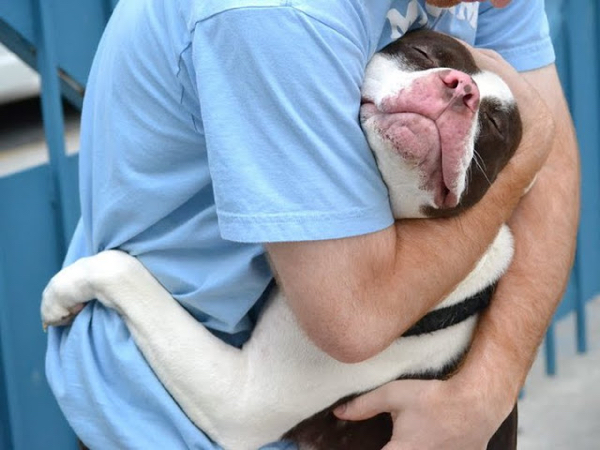

They Work Long Hours:
The average veterinary clinic is open from 7 or 8 am until 6 or 7 pm. Most technicians work the entire time that the office is open. Not only are these very long shifts, techs are also expected to remain at the office until each patient is stabilized for the evening. Some may even carry a pager so that they can be called back in for emergencies throughout the night or weekend. Any tech will tell you, closing time certainly doesn’t mean it’s time to go home!
They Make A Lot Less Money Than You Think:
The general public seems to think that because their vet bill is high, the staff must be making a fortune. In reality, most vet techs make a very modest hourly wage. The Bureau of Labor Statistics reported a 2012 median income of $30,290 for US vet techs. This means that half of the hardworking folks who care for your pets make even less than that.
They Are Expected To Be Highly Educated:
Only a few states require veterinary technicians to be certified, but techs must still have quite a bit of education to perform their job properly. No matter if your tech got his/her education in a classroom or in the field, they have a wealth of important knowledge. From animal behavior to symptoms of disease to pharmacology, vet techs have to know their stuff in order to provide fast, professional care to pets in need.
Not All Patients Are Cute And Cuddly:
I’m sure everyone’s pets are just as sweet as pie at home, but something happens when they enter a veterinary clinic. Certain dogs and cats are transformed into unrecognizable beasts, bent on tasting flesh. Technicians must be trained to handle these bloodthirsty critters in a manner that is safe for the owner, the pet, the doctor AND themselves. I have yet to meet a vet tech without a few battle scars and war stories to share. When aggressive patients can’t get a tooth or a claw into their tech, they aren’t above splashing a little urine, feces or anal gland juice around instead. Yuck.
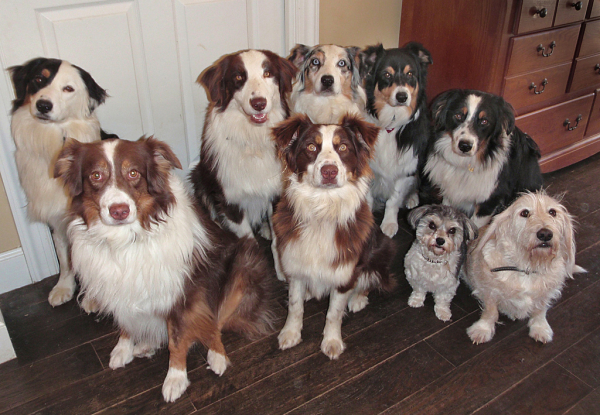

They Often Take Their Work Home With Them:
Vet techs have a habit of acquiring pets the way squirrels gather nuts. When you work around pitiful strays and heartbreaking abandoned pets all day you can’t help but take action. Veterinarians and their staff adopt the pets that no one else wants. They take in the three legged cats, the blind dogs and the senior pets who are short on time, but have so much love left to give. Techs are also the folks who bottle raise all those orphaned pups, kittens, birds, squirrels, etc that good samaritans bring into veterinary clinics and quickly forget about.
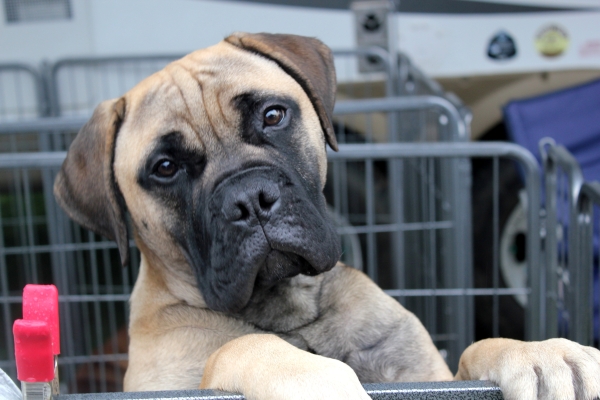

It’s Physically Taxing:
Have you ever carried a seventy pound Great Dane puppy because it was refusing to walk on a leash? I have. And chances are, so has your vet tech. Since most pets are less than thrilled about the procedures awaiting them on the treatment table, vet techs have to do a lot of heavy lifting. Beyond that there is restraint, bending, twisting and LOTS of time on your feet. Folks in this profession are prone to vericose veins, bad backs and sore muscles.
They Are Exposed To High Stress And Anxiety:
Dealing with the suffering of the animals they adore day in and day out takes its toll. They become attached to their clients- the pets and the humans. When a loved pet is ill or passes away, your technician grieves right along with you. Plus, an error or oversight on the part of a technician can mean life or death for a pet. Factor in the long hours, fast pace and demanding clients, and you have some serious stress. A recent study conducted by the AVMA found that one in six vets had considered suicide. Techs and support staff deal with the same daily pressures and the condition known as Compassion Fatigue.
Breaks Don’t Always Happen In Their Work Day:
I once worked an 8am to 6pm shift without peeing once. We were short staffed and I just kind of got in the zone. Pets don’t get hurt or sick by appointment, and unlike the ER, vet hospitals usually don’t have dozens of support staff to handle a mad rush of patients. The techs work when the animals need them, often at the expense of their own distended bladders and rumbling bellies.
They Are Exposed To High Levels Of Radiation:
As you can imagine, not all dogs are on board with having their X-rays taken. The table is cold and hard, the developer is noisy and the dog is already feeling lousy. The last thing they want is to be flipped, pulled, stretched and manipulated into position. Vet techs are forced to get creative, and sometimes that means they get as much radiation as the patient.
They Are Expected To Know And Handle Several Species:
Your vet tech has likely treated creepy reptiles, unpredictable parrots and wily pocket pets like sugar gliders. Techs working in a large animal practice have dodged kicks from horses, cattle, goats and other livestock. Many practices even offer care to injured wildlife. If your vet’s office is one of those, chances are your technician has been hissed at by a raccoon and been swatted at by a swan wing or two. Your vet and her technicians must be comfortable with safely handling and treating several species, not just the cute, furry ones!
[bp_related_article]
Your veterinary staff works hard to make sure your pets are happy and healthy. So the next time they’re late calling you back to the exam room for your appointment, try to cut them a little slack. There’s probably an excellent reason for the delay. A box of candy during Veterinary Technician Appreciation Week never hurts either! It’s the third week in October. Wink, wink!
Featured image via State University of NY, Alfred

